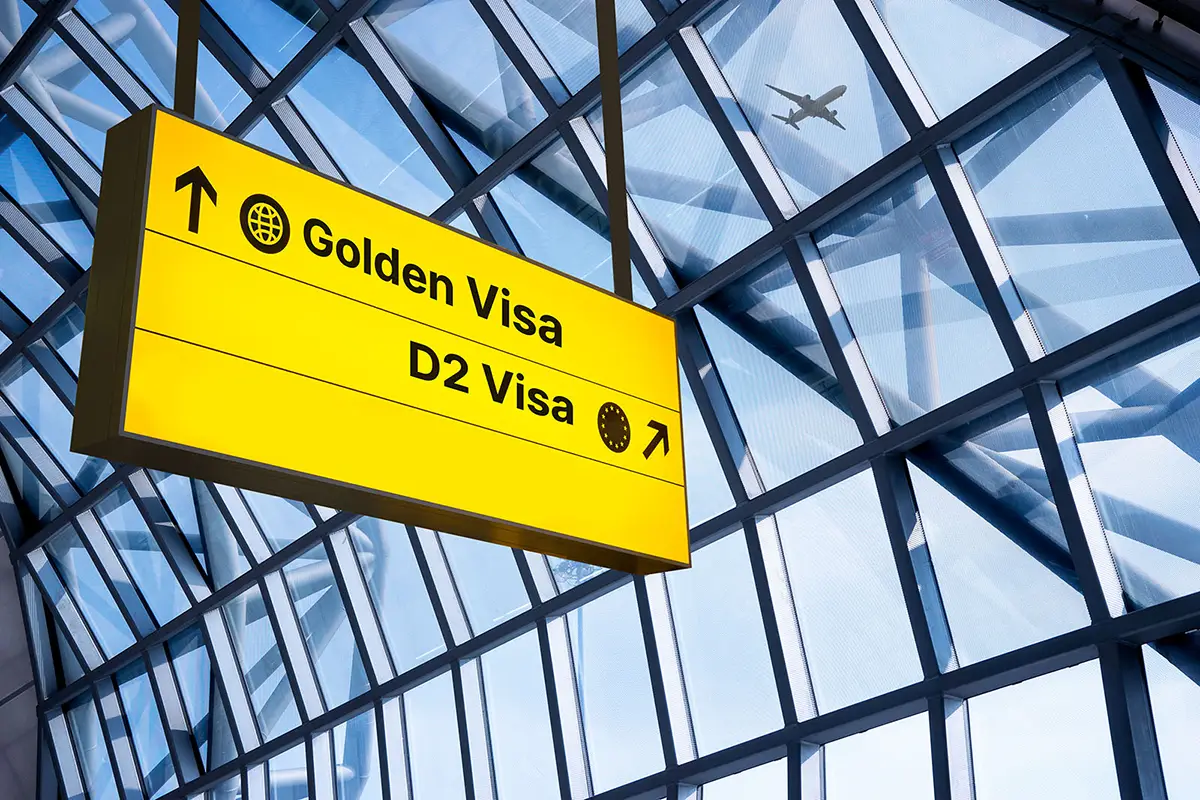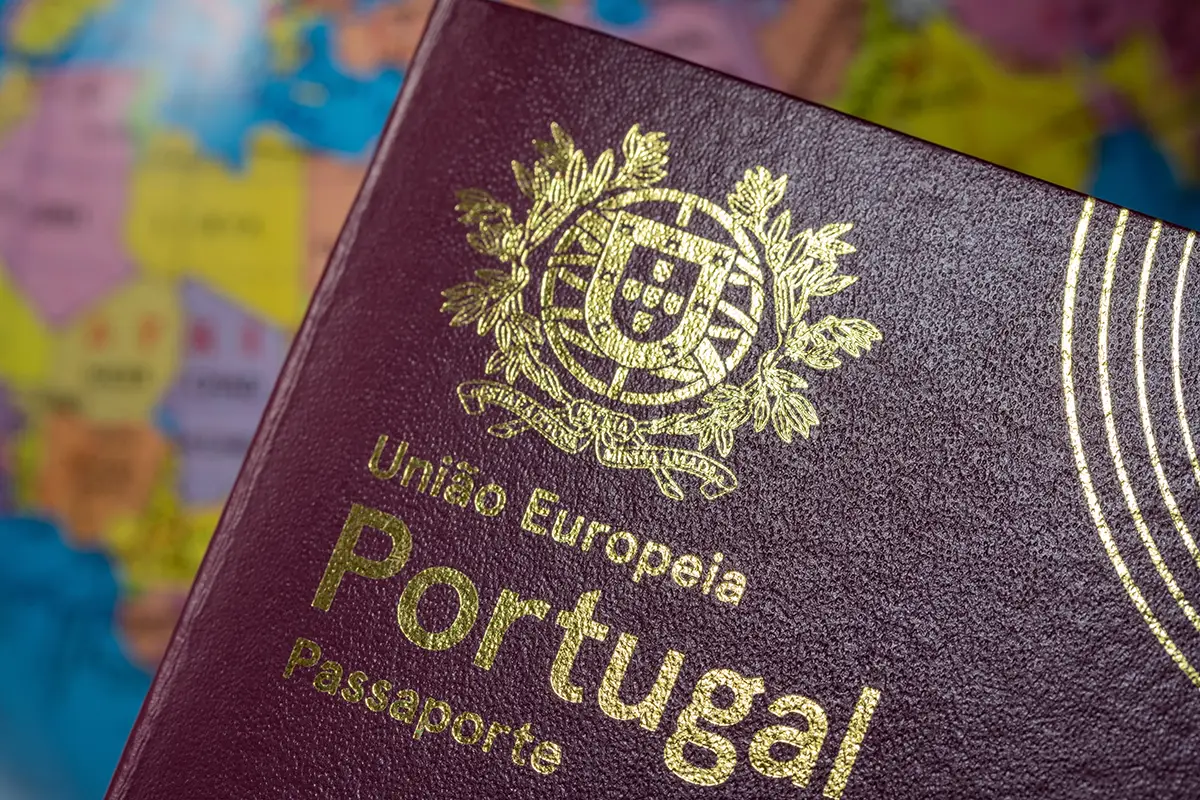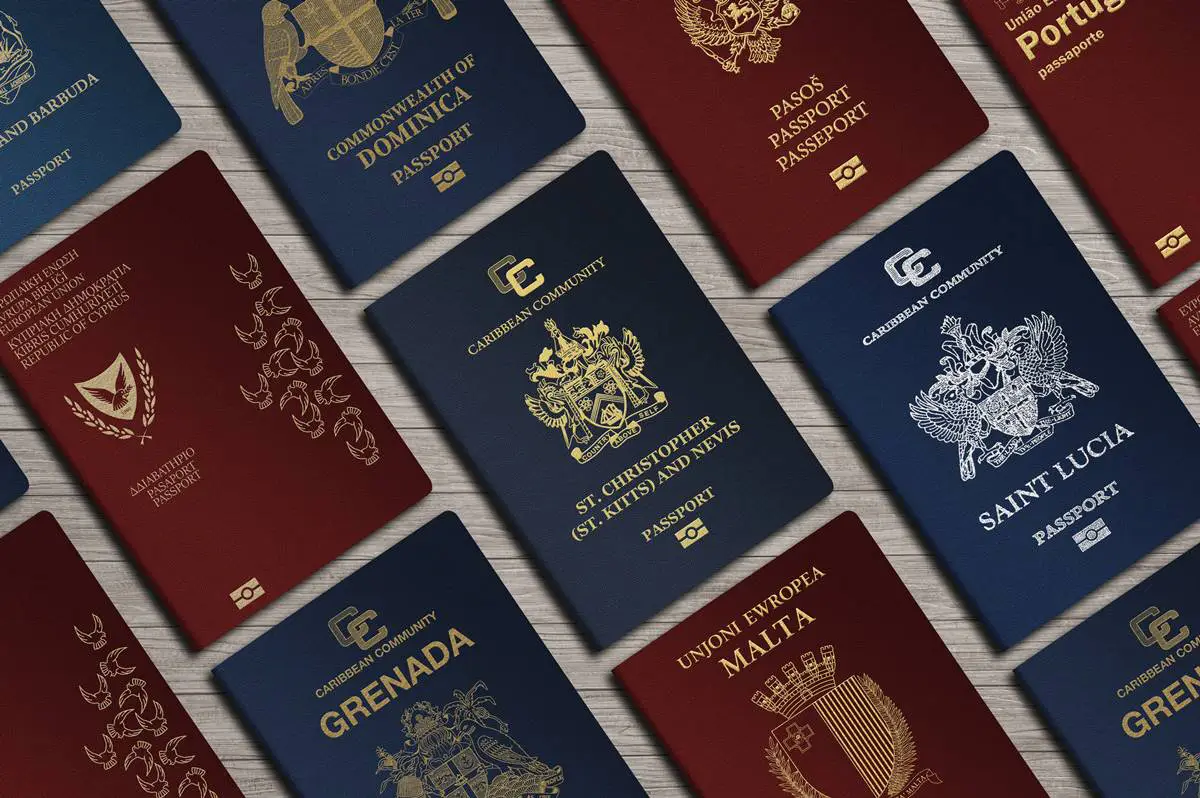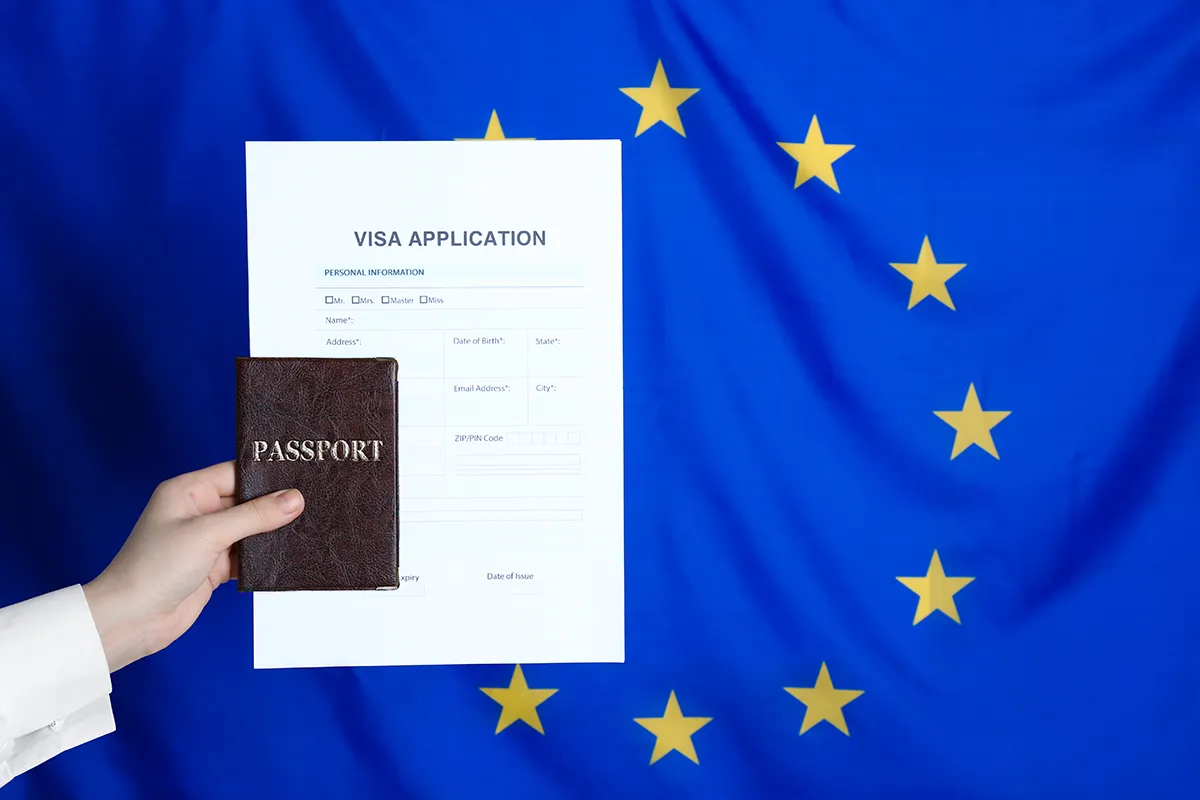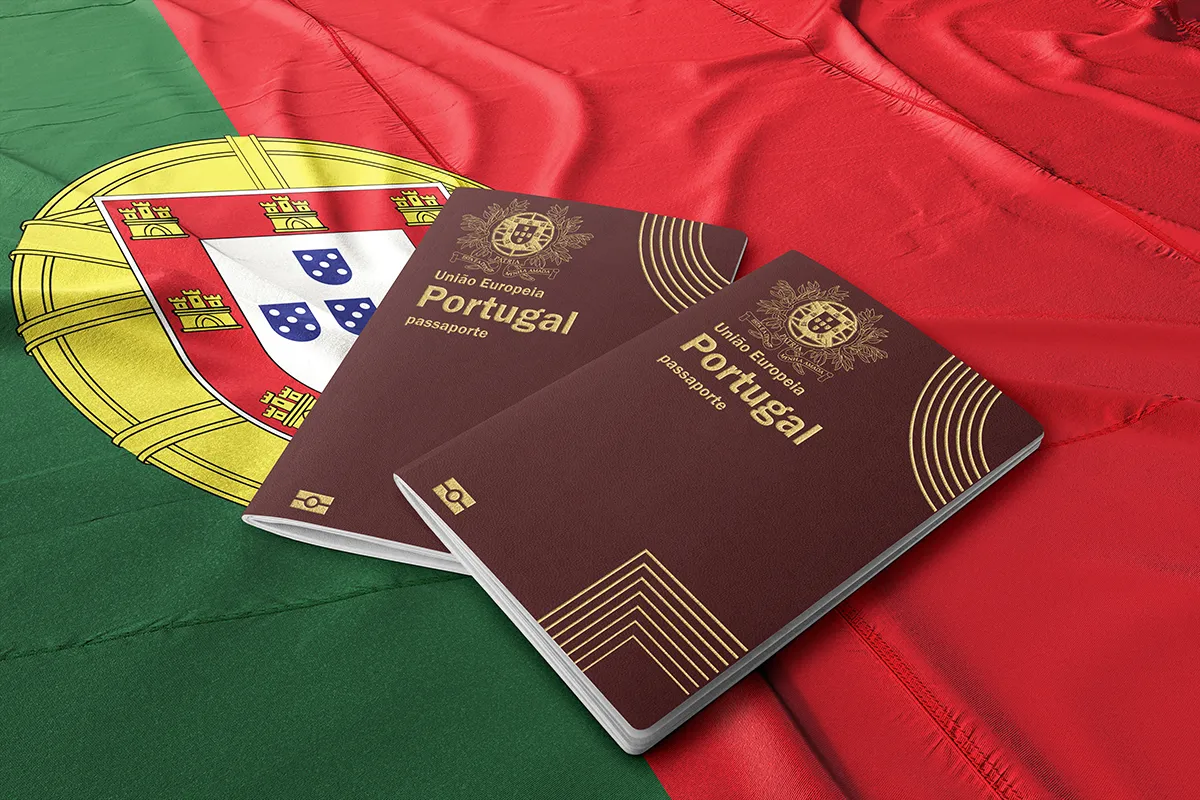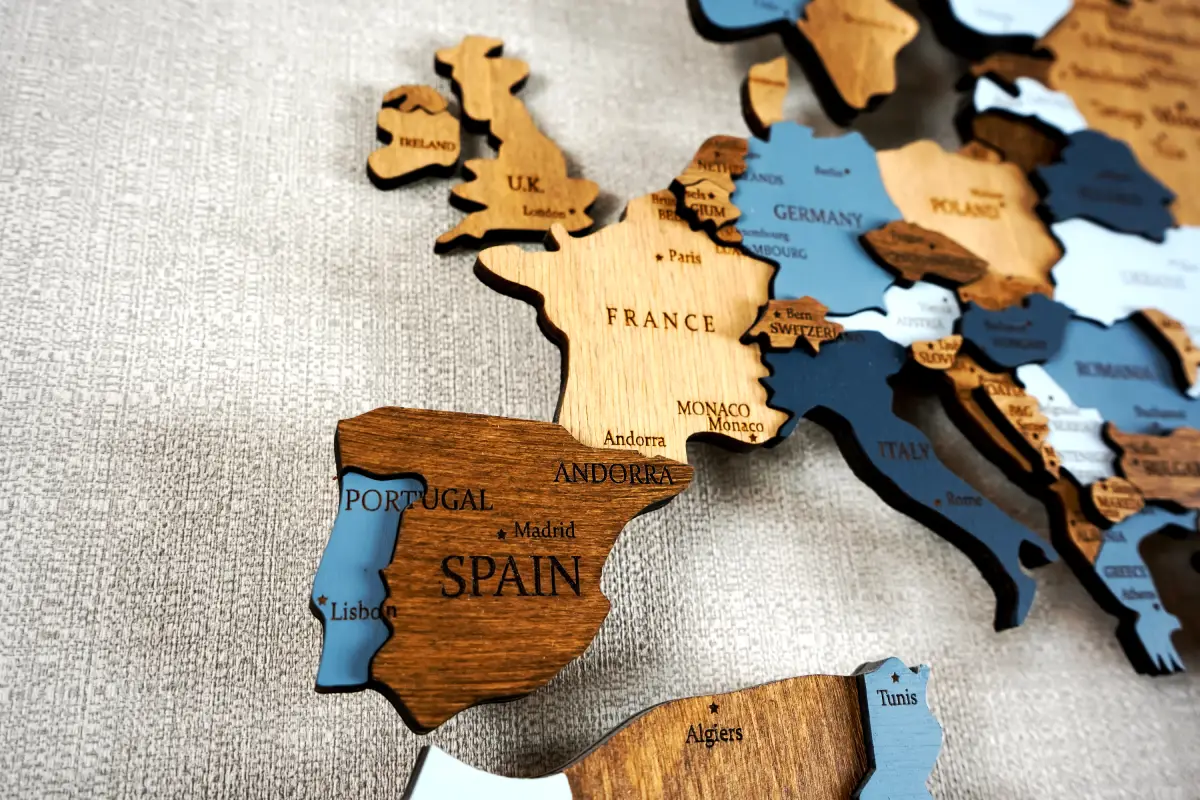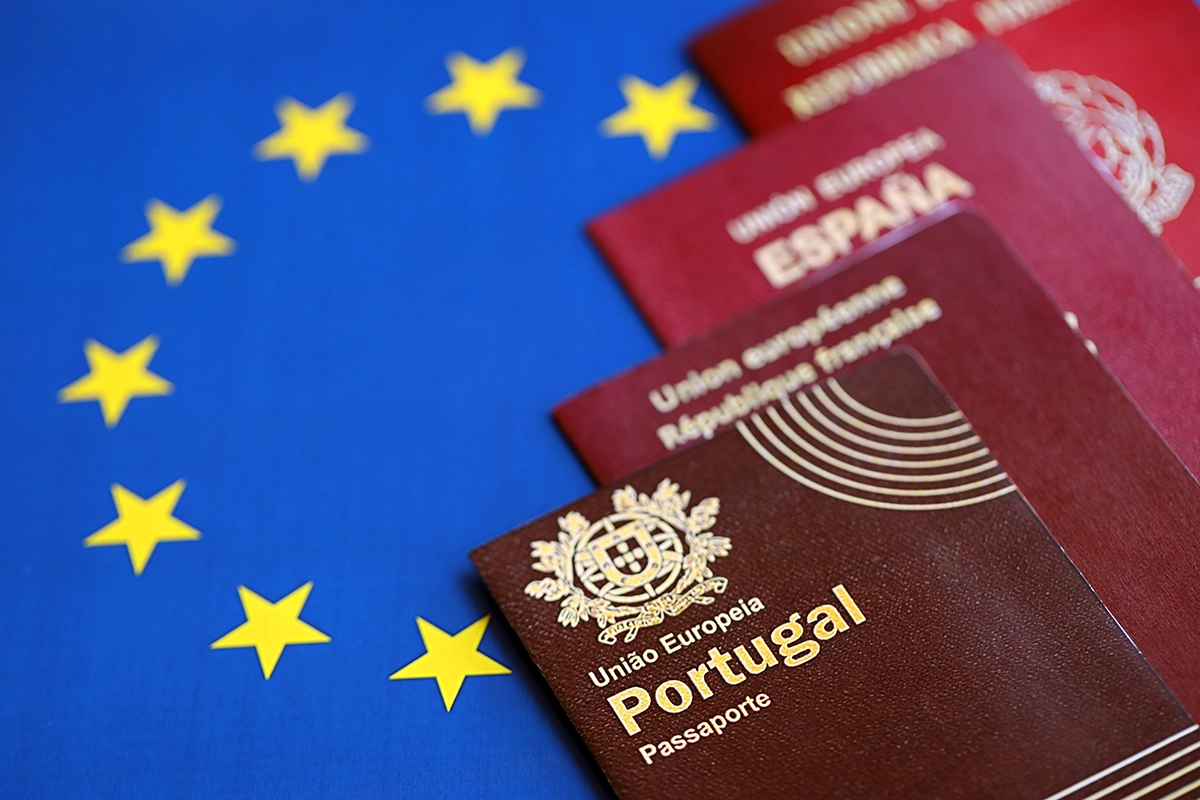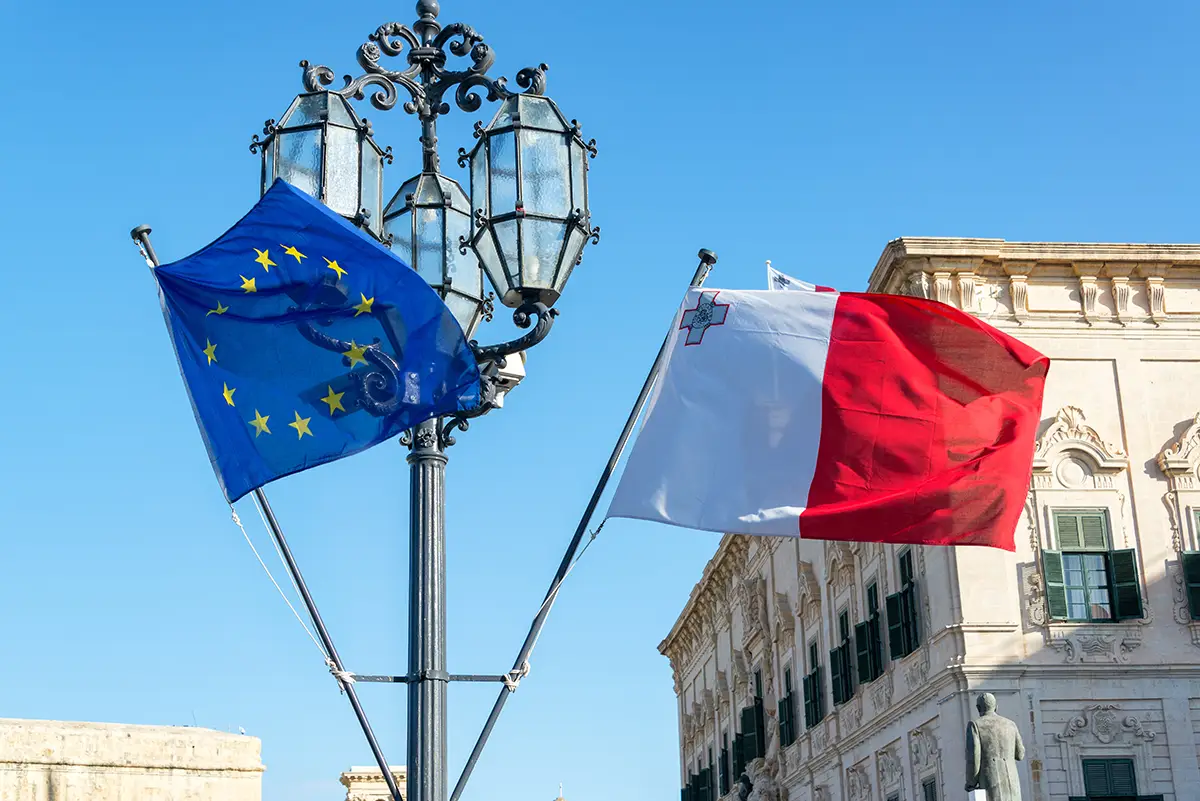What is the Gulf Cooperation Council?
The news follows in the wake of the GCC’s intent to establish a common travel area between participating countries, an effort announced in 2023 and already underway, and to strengthen the bloc’s international position. It is still uncertain whether this will include Residency holders, but more should be known soon, as Mr. AlBudaiwi will travel to Brussels during the second week of Ramadan for negotiations with the EU.
Comprised of six nations: Bahrain, Kuwait, Oman, Qatar, Saudi Arabia, and the United Arab Emirates, the Gulf Cooperation Council is an intergovernmental, political, and economic union, similar to the European Union. Despite not being as cohesive as the European Union on multiple issues, including currency, as each country has its own, the GCC is one of the world’s most powerful blocs and the powerhouse of the Middle East and North Africa region. The organization has also been making active efforts to reach a higher level of unity and common standardization across several matters, especially in visa-free travel & international mobility.
Gulf Cooperation Council: Efforts Toward Visa-Free Travel to the European Union
The most recent effort has been the push for the creation of a Schengen-like common travel area for GCC countries, where foreign travelers would only need to obtain a single visa to access the 6 GCC countries, not only increasing their own citizens’ mobility but also making itself more attractive and accessible to the broader international community.
Now, the GCC is further dialing it down on cohesion. In the interview, Mr. AlBudaiwi announced that he would be traveling to Brussels, the European Union’s capital, and base of operations during the second week of Ramadan, to speak with his EU counterparts. There, he plans to present a “strong file to obtain the (Schengen visa) exemption.” On the matter at hand, the Secretary-General added the following: “Our presence, as Gulf citizens, in Europe, is positive in terms of education, tourism, medical treatment, purchases or trade exchange (...).” Mr. AlBudaiwi also commented that he hopes this Schengen visa exemption will be achieved by the end of 2024.
Currently, GCC nationals must obtain a visa before entering any of the 29 European Countries, which are: Austria, Belgium, Bulgaria, Croatia, Czechia, Denmark, Estonia, Finland, France, Germany, Greece, Hungary, Iceland, Italy, Latvia, Lichtenstein, Lithuania, Luxembourg, Malta, the Netherlands, Norway, Poland, Portugal, Romania, Slovakia, Slovenia, Spain, Sweden, Switzerland.
With the current regime, each GCC national must apply separately to obtain a visa for an individual country. With the Schengen visa exemption, any GCC national will be able to enter the Schengen Area without a visa and simply follow the Schengen 90/180-Day rule to be in full compliance with the European Union’s law and regulations, including the upcoming EU Smart Borders policies that are set to be implemented in the 2024/2025 season.
Read more:
Schengen Visa Types: Which One Do You Need?
Traveling Around Europe & the Schengen Zone: Ultimate Guide

GCC Countries & Visa-free Travel to the European Union: Could it include Residency holders?
In recent years, Gulf Cooperation Council countries have been revolutionizing and diversifying their economies, to not so heavily depend on the oil and gas industries, while also priming themselves to become global leaders. Among the many measures introduced to achieve this goal is the introduction of exclusive Residency by Investment programs, which aim to attract international talent to establish themselves in the GCC region and to further improve and boost the countries’ economies.
For example, the United Arab Emirates has a Golden Visa program dedicated to bringing people from diverse talents and backgrounds, including Real Estate investors. One of the best parts about the UAE Golden Visa is the fact that it is entirely self-sponsored, and individuals may apply if they qualify.
Saudi Arabia also has its own range of Golden Visa-inspired “Premium Residency” products, open to Real Estate investors seeking to obtain Residency in a GCC country. Like the UAE Golden Visa, the Saudi Arabia Premium Residency solution is a self-sponsored visa, enabling any foreign citizen to apply as long as they are eligible.
It is possible that the visa-free exemptions could be extended to GCC Residency holders. However, it is likely going to be a more constricted version, possibly not allowing as many days of unrestricted travel. Alternatively, and with a higher chance, this visa-free travel deal will probably only apply to Citizens. Obtaining a GCC passport is a notoriously difficult, time-consuming process.
What alternatives are there to get Visa-Free Travel to the Schengen Zone?
If the aim is to simply obtain visa-free travel to the 29 European countries within the Schengen Zone, then obtaining Residency in a GCC country like Saudi Arabia may not be ideal, as it is not yet guaranteed any accord will arise, despite the GCC’s Secretary-General's best hopes and intentions. While the GCC countries are the perfect platform to venture and obtain substantial returns on financial investments, their international mobility score tends not to be the highest. In the scenario of unlocking more of the world to travel and explore, regardless of reason, then the best place to invest is within a European Union country directly.
The best Golden Visa program can currently be found in Greece, as it enables foreign investors to become EU Residents through the acquisition of Real Estate. As of the writing of this article, March 2024, the minimum investment amount varies between €250,000 to €500,000, depending on the region of choice, though the amount is increasing soon.
Even though Portugal no longer has a viable Golden Visa program investment-wise, it still competes in the European Residency by Investment landscape with its D2 Visa program. The D2 Visa currently offers the fastest path toward EU Citizenship, obtainable only in 5 years, and Investment Visa’s own exclusive investment option, Mátria Co-Working serves as the perfect platform to achieve a Portuguese passport. Portugal is the best choice for investors seeking unlimited visa-free travel within the European Union.
Unlocking Your Second Residency & Citizenship with Investment Visa
Investment Visa is the Global Leader in Residency & Citizenship by Investment programs, and we have a wide array of services available to all investors seeking a second passport or residency abroad, including Europe, in countries like Portugal and Greece, in the Caribbean, where Citizenship by Investment programs prevail, and the Middle East, in Qatar & the UAE, where Investment Visa is also based, having an office in Dubai. Led by a team of industry veterans with multiple decades of experience, Investment Visa prides itself on having led thousands of investors to a brighter future. Contact Investment Visa today to find out more about our exclusive packages.









